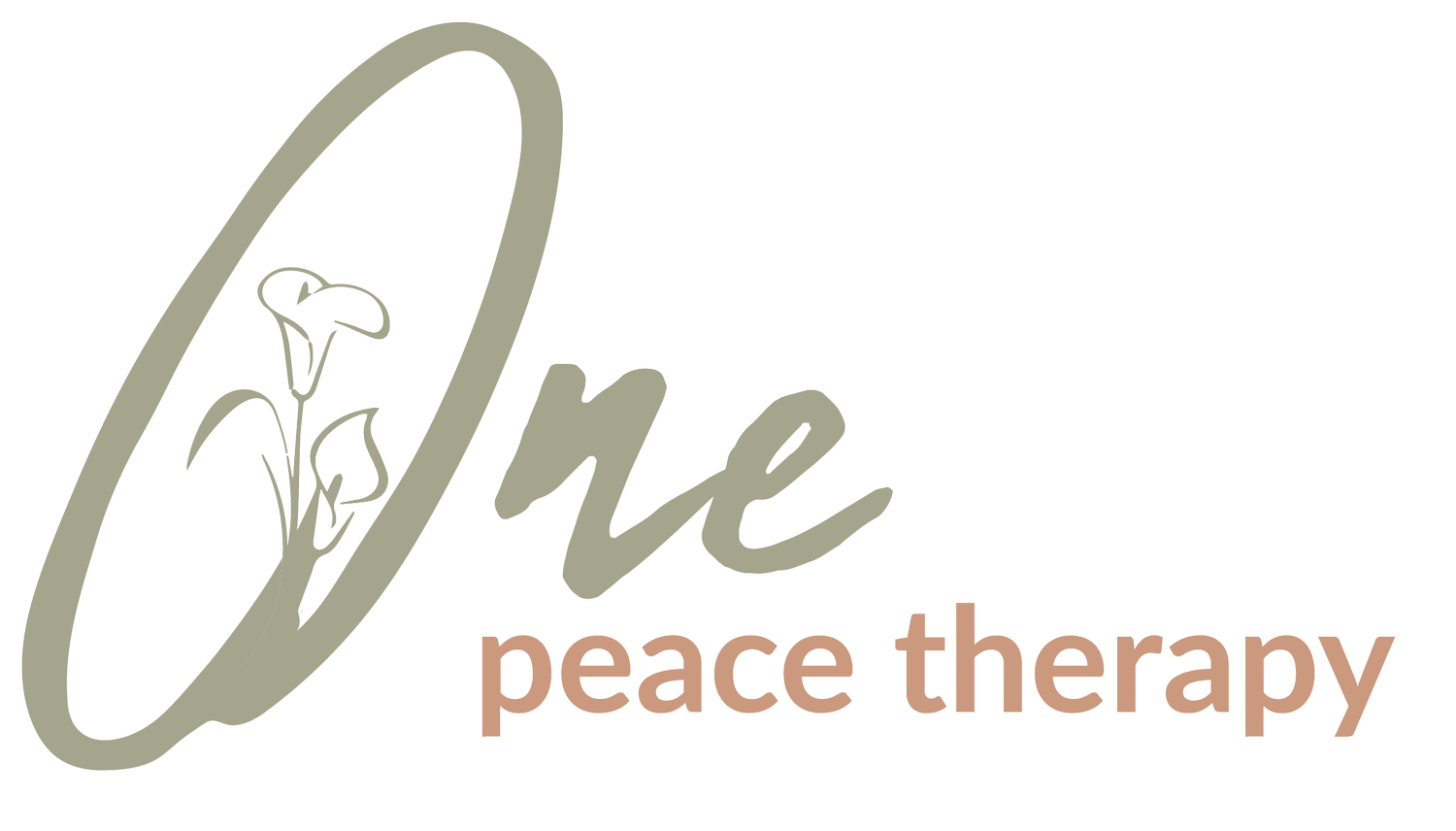Welcome, November! Embracing the Season with Compassion and Care
This for this month of November, we invite you to try our “30 Days of Light” challenge. Each day, focus on one small habit that brings light to your life—whether it’s ten minutes of morning light therapy, a nutritious breakfast, or a brief outdoor walk. Together, let’s see how these little changes can create a big difference.
As we move through November, let’s welcome this time as an opportunity to slow down, reflect, and reconnect with ourselves. Seasonal Affective Disorder may bring its challenges, but with a holistic approach, we can bring warmth, light, and comfort to these colder days.
Sign up to read this post
Join Now

